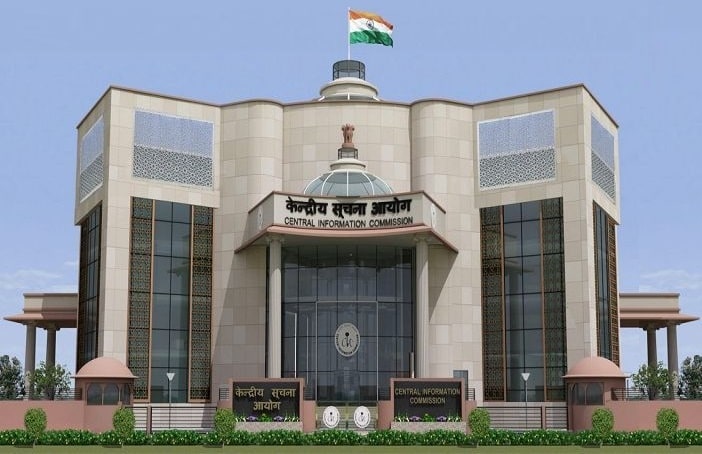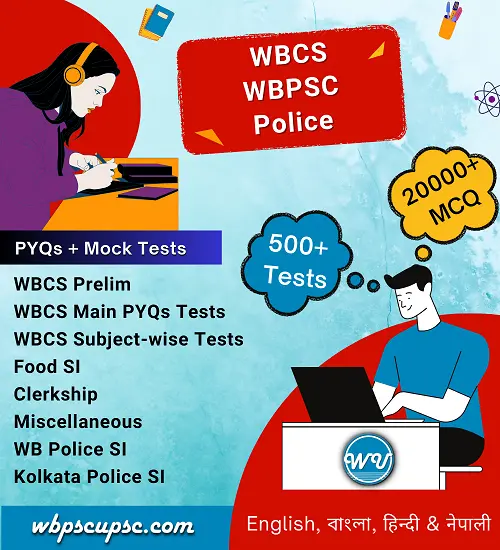March 3, 2020
Central Information Commission
Contents
- Central Information Commission is an independent, statutory committee formed under the RTI Act 2005.
- It has jurisdiction over central government bodies, PSU and authorities.

Composition of Central Information Commission
- Chief information commissioner
- Up to 10 information commissioners
- All are appointed by the President
- Appointment on the recommendation of
- Prime minister
- Union minister nominated by PM
- Leader of the largest opposition party
Qualification
- As per Section 12(5), members should be a person of eminence in public life.
- They should have experience in one of following field
- Law
- Science and technology
- Governance
- Social service
- Management
- Journalism and mass media
- Administration
- As per Section 12(6), they should not be MP / MLA’s or connected to any political party, doing some business or holding any office of profit.
Term & Condition
- They hold office till age of 65 or 5 years.
- Members are not eligible for reappointment.
- Information commissioner is eligible for post of chief information commissioner only.
- Total tenure of office can be maximum 5 years including his tenure of information commissioner.
- Salary, allowances and other conditions are similar to Chief Election Commissioner and Information Commissioner are similar to those of an Election Commissioner.
Right to Information (Amendment) Act, 2019
- It made two fundamental changes in RTI Act 2005.
- Tenure of the CIC and IC at centre and state levels for such term as may be prescribed by the Central Government.
- Salaries and allowances as may be prescribed by the Central Government.
Removal
- Removal is done by president on grounds of bankruptcy, unsound mind, infirmity of body or mind, sentenced to imprisonment for a crime, or engages in paid employment.
- He can also be removed for proved misbehavior or incapacity if SC inquiry finds him guilty.
- They can resign by writing to president.
Powers & Functions
- It is the duty of the Commission to receive and inquire into a complaint from any person:
- who has not been able to submit an information request because of non-appointment of a Public Information Officer
- who has been refused information that was requested
- who has not received response to his information request within the specified time limits
- who thinks the fees charged are unreasonable
- who thinks information given is incomplete, misleading or false
- Central Information Commission can order inquiry into any reasonable matter.
- It is a suo-moto power of CIC.
- CIC has the powers of a civil court in respect to some cases.
- All public records must be given to the Commission during inquiry for examination.
- No public record can be withheld from it during inquiry of complaints.
- CIC can make necessary changes to the practices relating to management, maintenance and destruction of records.
- Commission can direct any public authority to appoint a Public Information Officer.
- Commission can direct for publishing information or categories of information.
- It can ask for an annual report from the public authority on compliance with this Act.
- Central Information Commission can impose penalties under this Act.
- It acts as second appellate authority for RTI applications.
- Submits annual reports to the central govt. which are tabled before each house of Parliament.

